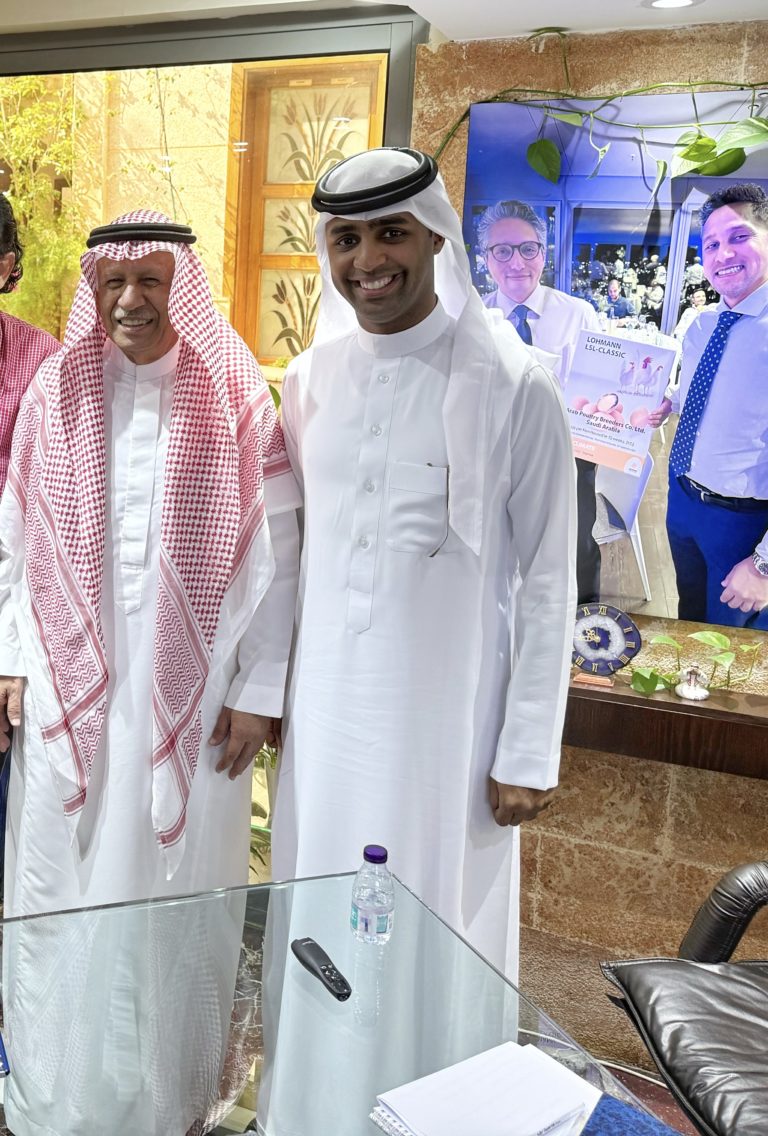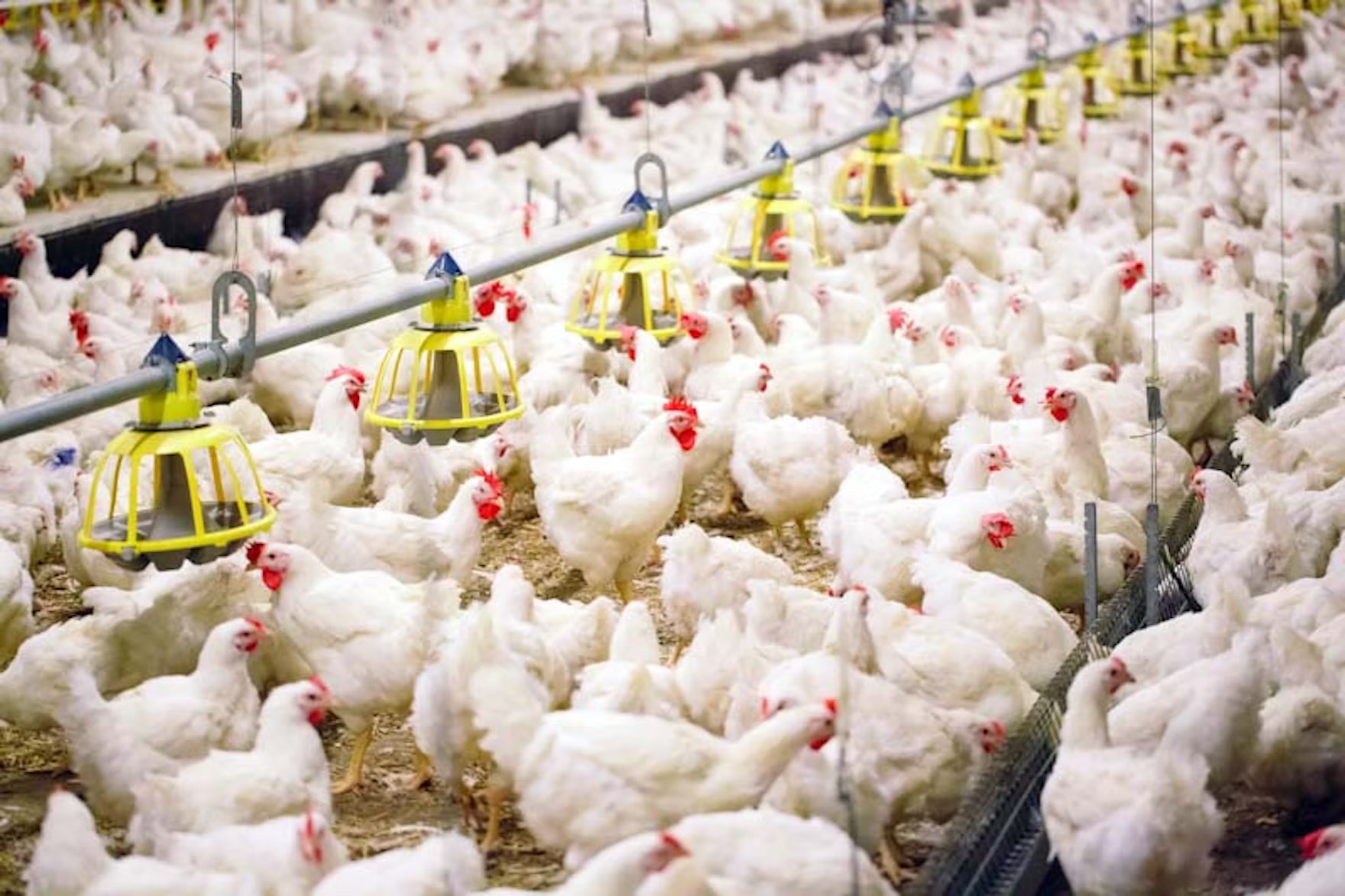
Engineer Hussein Bahri is an inspiring model of transformation from a traditional government job to owning the largest poultry empire in the Middle East. After graduating as an agricultural engineer, Hussein began his career at the Jeddah Municipality, where he worked on beautification projects for parks. However, due to the significant challenges at that time, he felt a disconnect with the field, which led him to make a bold decision to leave his job after just six months — a decision that some might consider difficult, but it marked a turning point in his career.
During his university studies, he conducted research on a business project in the poultry sector, which caught the attention of a local company owner. Hussein received a job offer with a salary of 1,800 riyals to work as a poultry farm supervisor, even though his previous government job paid more. He chose this new position, not for the money, but out of passion and curiosity to understand the poultry industry closely: How do chickens live? How are they raised? What do they eat and drink? This curiosity and dedication to learning drove him to focus his entire career on developing his skills in this sector, which became one of the secrets of his success.
In 1982, Hussein received a call from the office of Saleh Kamel, one of the most prominent businessmen in Saudi Arabia at the time. He was offered the opportunity to establish the agricultural sector in Saleh Kamel’s group andreceived a salary ten times higher than his previous one, marking a major turning point in his professional life. This offer allowed Hussein to acquire new skills and manage large projects, which became a key factor in shaping his strategic business outlook.
After years of gaining experience and knowledge, Engineer Hussein Bahri decided to become independent and founded his own company, “The Arab Company for Poultry Projects (Ammat).” He began with a clear vision to serve the local market in Saudi Arabia by producing chicks. Thanks to his meticulous planning and hard work, his company expanded rapidly, moving from a target of producing 2.5 million chicks annually to over 25 million chicks. His company became a leading force in the Middle East, contributing to food security in several Arab countries.
Hussein Bahri didn’t aim solely for personal success but sought to make a real impact in the poultry sector. He learned that the private sector can be an important school for developing skills and gaining experience. From Hussein’s experience, I learned that working in the private sector hones skills and provides opportunities for self-development, provided there is a genuine desire to learn. He also emphasized the importance of not rushing into entrepreneurship without first gaining the necessary experience and knowledge. One must understand oneself and one’s interests before starting a business, balancing desire with capability.
In conclusion, Hussein Bahri’s journey demonstrates that success in entrepreneurship relies not only on ambition but also on a dedication to learning and the ability to make bold decisions in crucial moments.




